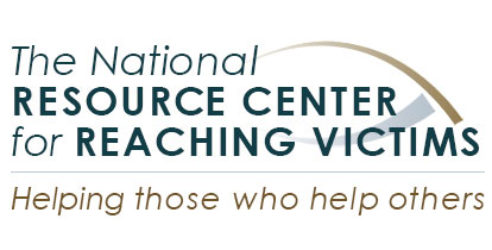Empowering Indigenous Women and Communities Through Self-Defense
Self-defense training promotes body-oriented healing and practical safety planning. Feminist empowerment approaches to self-defense teach a wide range of resistance strategies, which include assertive communication, boundary setting, de-escalation, strategic physical escape, and physical resistance. Empowerment-based programs emphasize choice and resilience while actively challenging victim-blaming. Research shows that empowerment self-defense programs reduce trauma symptoms, help survivors find their voices, and prevent sexual assault.
This webinar presents one of the few empowerment self-defense programs that is located on sovereign tribal land and led by indigenous women. The Turtle Mountain Chippewa reservation in rural North Dakota is home to an emerging IMPACT self-defense program. Presenters will describe their collaborative efforts to develop an IMPACT program that is culturally relevant and geographically accessible to rural indigenous women and girls.
Webinar Recording
Panelist:
Shanda Poitra

Meg Stone

Downloadable Resources
- Empowering Indigenous Women and Communities Through Self-Defense PowerPoint
- Empowering Indigenous Women and Communities Through Self-Defense Transcript
Text Resources
- Empowering Indigenous Women and Communities Through Self-Defense PowerPoint
- Empowering Indigenous Women and Communities Through Self-Defense Transcript

